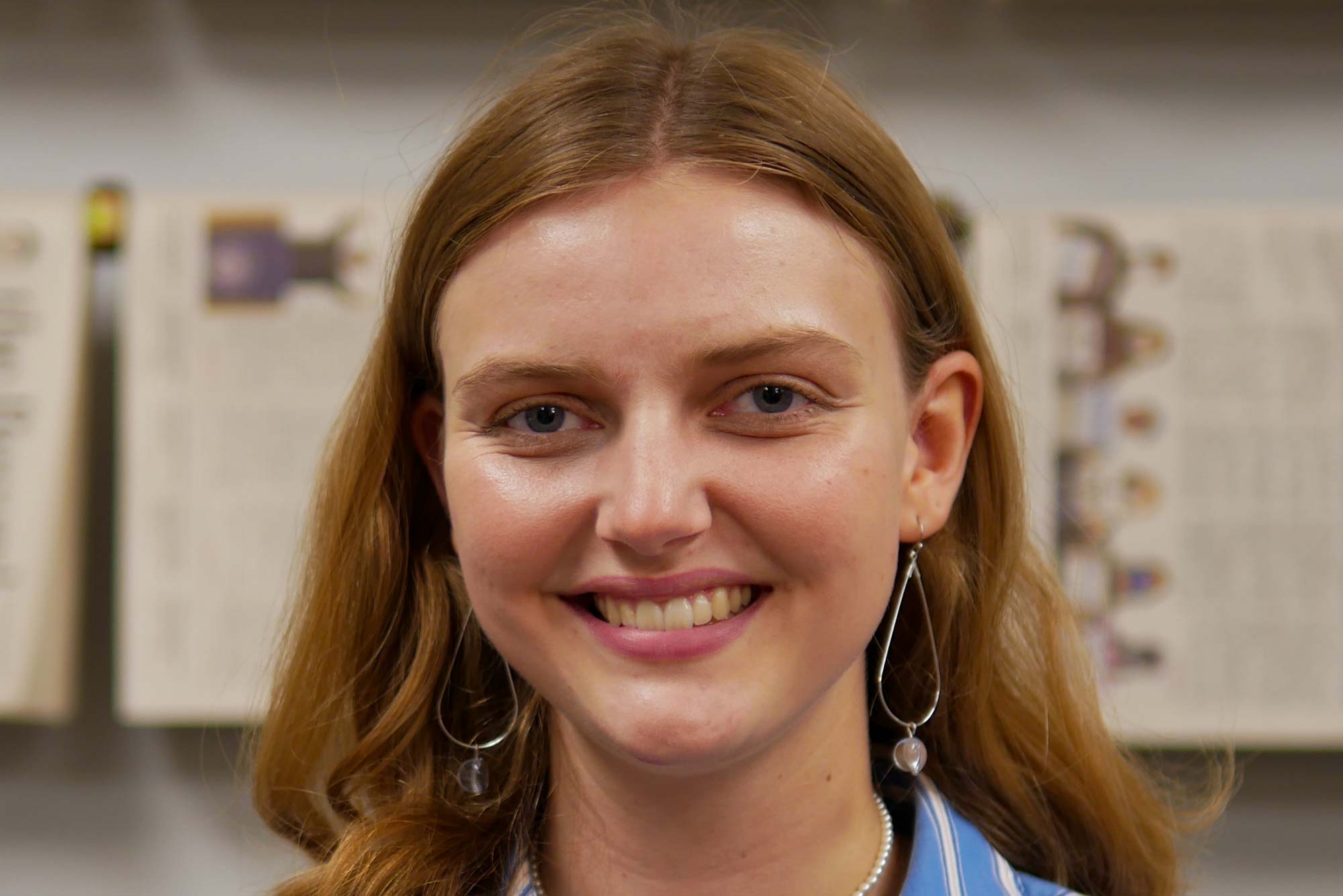I rang in 2021 with a fever, sore throat, headache and chest pain. On January 2, ten days after I had been exposed to COVID-19 at work, I tested positive.
Fortunately, my case was mild. I had been quarantining, and didn’t spread the virus to anyone in my family. The semester hadn’t started yet, so I was able to fill my time with hot tea, Schitt’s Creek and ridiculously long walks. I slowly strolled around town, staying as far away from people as possible and listening to my favorite podcast, “Hidden Brain” with Shankar Vedantam. It was all interesting, but there was one episode that really stood out.The episode was titled “Minimizing Pain, Maximizing Joy,” and in it, the philosopher William Irvine explained the principles of stoicism, and how this ancient Greek philosophy can help us manage disappointment and misfortune.
The past year has been full of chances to manage disappointment and misfortune.
All of us have had our lives turned upside down. It is tempting to wish for “life before” and “the way things were.” It is easy to fantasize about “everything going back to normal.” But what is normal? How do we define something so abstract and constantly in flux?
We cannot go back to our old “normal,” and we probably never will. And that is okay. We are constantly abandoning and recreating normalcy, it’s just that sometimes, something like a global pandemic makes us especially aware of the fact.
Enter stoicism. How can we learn to be happy and satisfied with our lives, even when things seem pretty grim? It is surprisingly simple. According to Irvine, stoicism is doing what you can with what you’ve got, where you are.
The guiding principle of stoicism is that the majority of our suffering is self inflicted, not caused by the event, but by our reactions. For example, if someone insults you, you can either brush it off and only suffer slightly, or you can dwell on the insult, causing much more suffering than if you had just let it go.
Of course, there are many terrible things in life we cannot control, and the goal shouldn’t be to feel only positive emotions. Sometimes negative emotions can be productive, and it is important to experience them. But there is no reason that those feelings need to be the ones that we let define our lives. As Irvine put it, there is a difference between being the target of injustice and being the victim of injustice.
Stoicism is all about training our emotional immune systems to handle hardship in healthy ways. At the very least, COVID-19 is excellent training. We have survived over 365 days of a global pandemic, witnessing suffering and change unlike anything we have seen in our lifetimes. Despite the hardships, there are things that we can be grateful for every single day. And gratitude, in the face of chaos, is it’s own form of rebellion.




